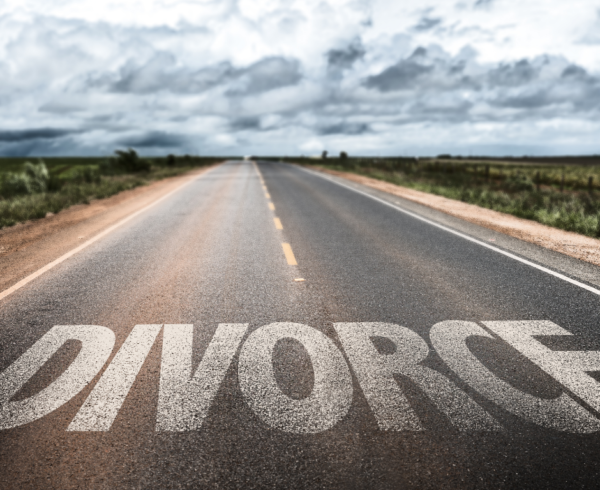Believe it or not, the legendary Aretha Franklin, “The Queen of Soul”, died without a Will. Her estate is worth a reported $80 million. You may wonder why someone with such significant wealth would not prepare a Will? Aretha’s attorney provided a simple answer to this question – Aretha just did not get around to preparing one before she died.
So, what does this mean for Aretha’s estate, as well as for yours, if you die without a Will?
If you die without a Will:
- You lose the ability to choose who is in charge of administering your estate. When you die without a Will, state law and the courts decide who the Administrator of your estate will be. This is risky, as the Administrator ultimately appointed to handle your estate may not be one you would have chosen to serve in this capacity. By executing a Will, you can appoint whoever you feel is most qualified to administer your estate, whether it be a particular family member, a friend, a trusted advisor, or a bank or trust company.
- In many states, including New Jersey, an Administrator of an estate is required to post bond. Posting a bond can be costly. The amount of the bond required is typically based on the value of the assets in the estate. Also, the bond must be renewed each year the estate is in existence. However, any requirement for the fiduciary of your estate to post bond can be waived in a Last Will and Testament. This results in savings to your estate and maximizes the assets distributable to your beneficiaries.
- You lose the ability to select the beneficiaries of your estate, as well as the amount and manner in which the distribution is paid to each beneficiary. When you die without a Will, your beneficiaries and their share of the estate, are determined by state law. However, maybe you have different ideas as to who should inherit your hard-earned assets? Maybe you are estranged from a family member who would stand to inherit from your estate if you died without a Will? Maybe you wish to provide a monetary bequest to a remote family member, to a dear friend, or to charity? Maybe you have concerns over leaving an outright distribution to a beneficiary, which is generally what happens when you die without a Will (i.e. a beneficiary may have difficulties with managing money and you are concerned he or she will “waste away” their inheritance; a beneficiary may be disabled and you are worried that receipt of an outright distribution from your estate may jeopardize his/her receipt of state benefits, etc.)? All of these issues, and many more, can be addressed in a Last Will and Testament.
- If you have a minor or disabled child, you lose your ability to choose a Guardian for your child. For obvious reasons, who will raise your child and manage his or her assets is not a decision that should be left up to state law and the courts. By preparing a Last Will and Testament, you appoint the person or persons you feel are best suited to serve as Guardian of your child.
- There is an increased risk of infighting amongst your loved ones. When you die without a Will, there is no written evidence as to your wishes or intentions, which can lead to an increased chance of family discord. By preparing a Will, you are able to clearly express your wishes so that there is little doubt as to your testamentary intentions.
It will be interesting to see how not having a Last Will and Testament will impact Aretha’s estate and her loved ones.
While it is too late for Aretha to prepare a Will, it is not too late for you. Take control over your personal and financial affairs by executing a Last Will and Testament. For more information, please contact Jaime Golin Friedman, Esquire, at 856-428-8334.









Leave a Comment